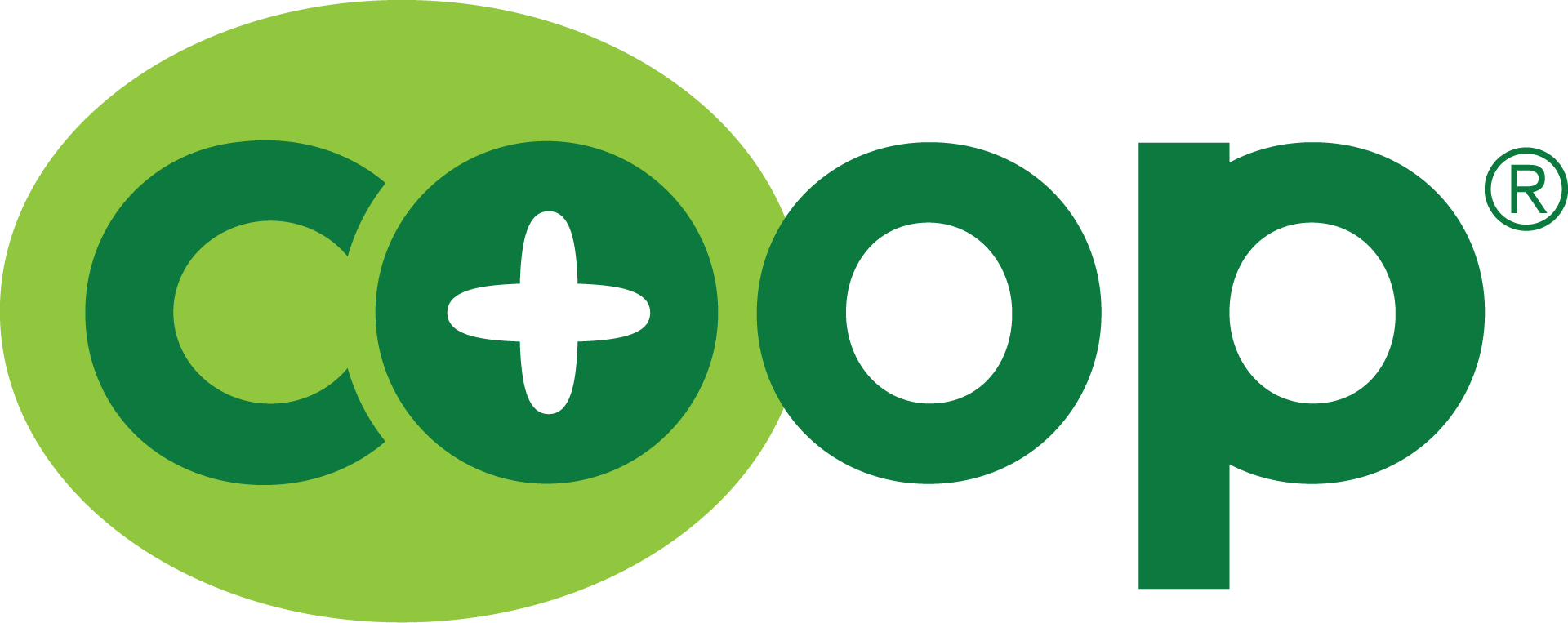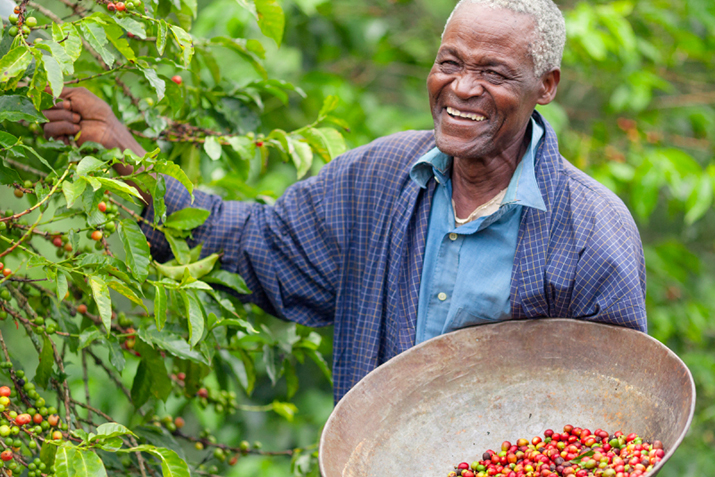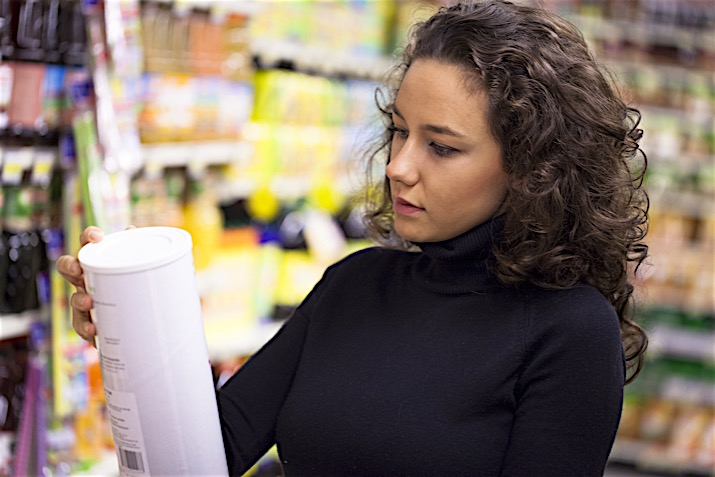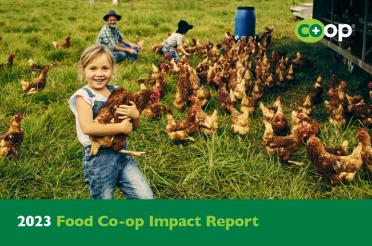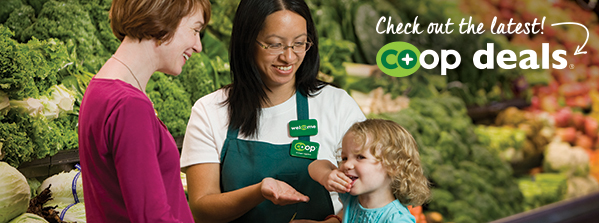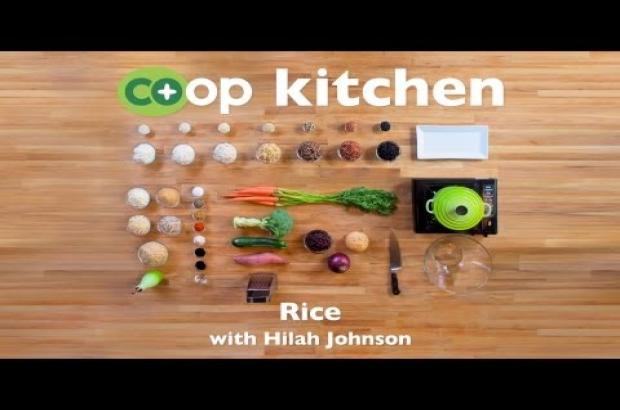Article
Values in Action Everyday

We are proud to be part of a movement that proves respecting people is good for business. Millions of consumers around the globe have joined cooperatives for many reasons, including finding that they fill a need for housing, electricity, food, insurance and financial services…the list is endless. What attracts people to cooperation is that their co-ops operate on their behalf with honesty, fairness and transparency—they are based on values not unlike those people aspire to for themselves: self-responsibility, democracy, equality, and social responsibility (www.ica.coop). In the United States, 30,000 co-ops provide two million jobs, and one of every four people is a member of a cooperative.
These values connect us. Co-ops foster real relationships with their customers by providing service rooted in community. It’s all about trust. For example, at Just Food Co-op in Northfield, Minn. they actively support and seek out local farmers such as L&R Poultry and Produce (see more about them in the Celebrity Farmers video), wherein they have a handshake agreement to buy their products each season. The farmers know that the co-op will keep its word, and Just Food shoppers can expect the highest-quality food grown with integrity. At food co-ops, it's not uncommon for customers to know the real people who stand behind the products available.
Cooperative values also transcend co-op size. It doesn’t matter whether your cooperative is so large that it employs thousands of people, or so small you can fit everyone involved in a single room; co-op values remain the same.
The outdoor adventure retailer REI (Recreational Equipment, Inc.) is the largest consumer co-op in America with 17 million members. Their size allows them to act on their ideals in places all across the country. This has a big impact. In addition to adhering to the stated co-op values, they also take them one step further by actively protecting the environment. That’s what co-ops do. They strive to go above and beyond to do what’s right. At REI, how they operate their stores, the products they carry, and the millions of dollars they have donated to safeguard forests, lakes and prairies, have the end goal of preserving natural spaces and keeping the earth a better place for everyone.
The food co-ops that make up National Co+op Grocers (the organization behind this site) have over 1.3 million members across a "virtual chain" of 148 retail food co-ops nationwide. Collectively, food co-ops have a strong social and economic impact. They work with an average of 157 local farmers and producers (compared with 65 for conventional grocers). They contribute to the community with high levels of charitable giving, an average of 13% (compared to 4% for conventional grocers). Plus food co-ops generate more money for their local economy—1.5 times more than conventional grocers. Find more info on how food co-ops do things differently and the impact they have in our Healthy Foods, Healthy Communities post.
Co-ops demonstrate their commitment to ethics by extending them in an ever widening circle. When a co-op makes a profit, you can be assured it was gained through fair business practices, and in most cases, any surplus is reinvested in the co-op or shared equitably among member-owners.
Some of those co-op value circles start very small and grow into greater influence, changing lives in the process. In 2008 in Whatcom County in Washington state, four women got together to start the Circle of Life Caregiver Co-op. Theirs is a worker-owned health care co-op dedicated to excellent home care for the elderly and disabled. In an industry rife with low-pay and apathy towards clients, Circle of Life offers a refreshing alternative, where self-help provides everyone with more options.
We know none of the great things co-ops accomplish would be possible without the people worldwide who use co-ops to meet their needs.
